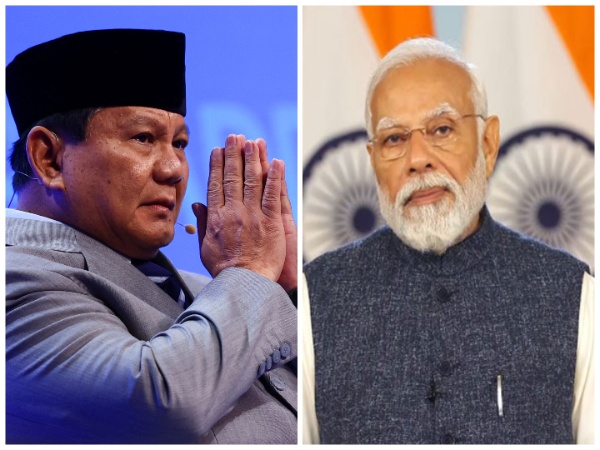Prabowo's Fiscal Strategy: Balancing Debt and Revenue in Indonesia
Indonesia's President-elect, Prabowo Subianto, plans to gradually increase the country's debt-to-GDP ratio, while also boosting tax revenues. His approach, involving cautious debt expansion and innovative revenue collection methods, aims to fund campaign promises such as providing free meals to millions without breaching fiscal limits.

President-elect Prabowo Subianto of Indonesia intends to gradually raise the nation's debt-to-GDP ratio, balancing it with efforts to enhance tax revenues, according to his adviser and brother, Hashim Djojohadikusumo. Speaking at a seminar, Hashim suggested that the increase could range from 1 to 2 percentage points annually, viewing the current sub-40% debt level as underleveraged.
Prabowo's fiscal plans have caught the attention of investors and rating agencies, especially after suggestions of higher debt to fund campaign promises sparked concerns over fiscal slippage. In June, Bloomberg News reported intentions to elevate the debt-to-GDP ratio to 50% over five years, causing capital outflows and impacting the rupiah.
Despite these concerns, Prabowo has asserted compliance with fiscal laws, maintaining the budget deficit under 3% of GDP and debt at 60%. Hashim emphasized a prudent yet daring approach to realizing campaign goals, like providing free meals to over 80 million Indonesians. Key to this strategy is ramping up revenue without hiking tax rates, aided by tech-driven tax reforms, post consultations with the World Bank.
(With inputs from agencies.)
ALSO READ
World Bank Secures $700 Million for Pakistan's Economic Stability
Massive Rail Network Overhaul in Maharashtra with Rs 89,780 Crore Investment
Jaya Hind Industries Expands Chennai Facility with Rs 200 Crore Investment
World Bank Boosts Pakistan's Economic Stability with $700 Million Initiative
World Bank Approves $50m Project to Accelerate Sri Lanka’s Digital Transformation










